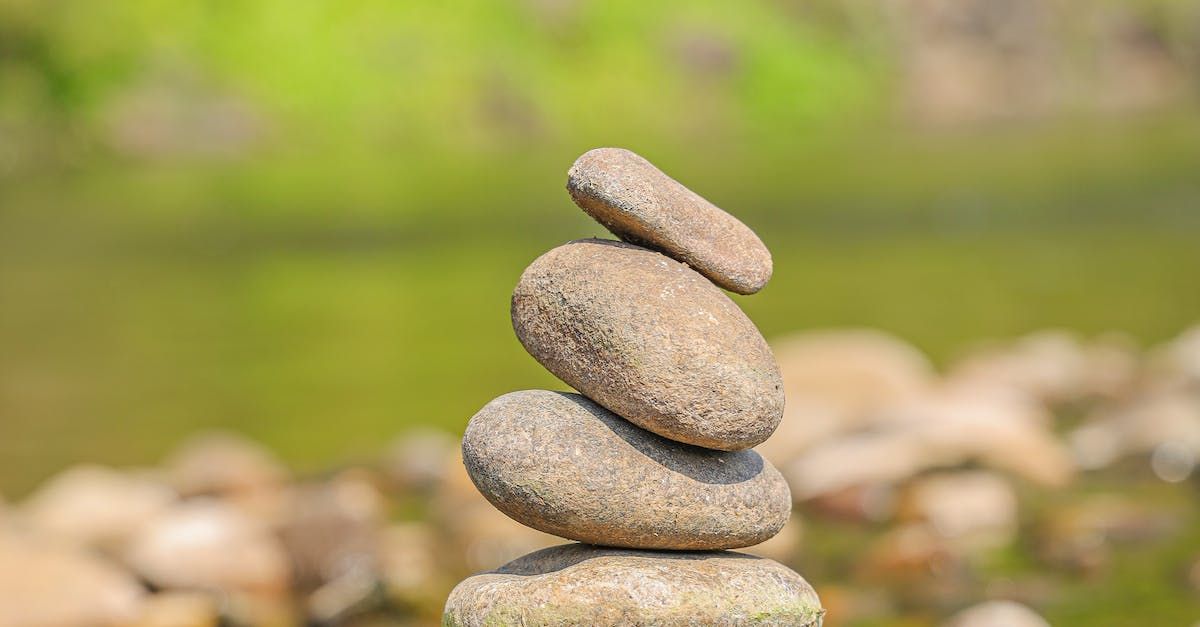Patience as a Conscious Practice
"Patience is not simply the absence of frustration, but rather the conscious practice of grace and resilience in the face of adversity, empowering us to navigate life's challenges with unwavering perseverance and inner peace." - Ananda Experience

In a fast-paced and demanding world, where instant gratification and quick results are often glorified, the practice of patience emerges as a beacon of calm amidst the chaos. Patience, far from being a passive trait or a fleeting emotion, is a conscious practice that empowers us to navigate challenges with grace and perseverance. It is the art of pausing, reflecting, and responding deliberately, rather than reacting impulsively. By cultivating patience as a deliberate and mindful approach, we unlock a myriad of benefits that enhance our well-being, relationships, and personal growth. In this exploration, we delve into the depths of patience as a conscious practice, unraveling its components and unveiling the transformative power it holds in our lives.
Patience is an invaluable quality that can greatly influence our well-being and success in various aspects of life. It is the ability to remain calm and composed in the face of adversity, delay gratification, and maintain perseverance in the pursuit of our goals. While some may perceive patience as a passive trait or an innate disposition, it is, in fact, a conscious practice that can be cultivated and honed over time.
Patience as a conscious practice involves a deliberate and mindful approach to managing our thoughts, emotions, and actions. It requires a deep understanding of ourselves and the recognition that certain things are beyond our immediate control. By accepting this reality, we can consciously choose to respond with patience rather than reacting impulsively or succumbing to frustration.
One of the fundamental elements of practicing patience is developing self-awareness. This involves paying attention to our thoughts, emotions, and bodily sensations in different situations. By cultivating a sense of mindfulness, we can observe our automatic responses and learn to pause before reacting. This pause allows us to consider the situation from a broader perspective and respond in a manner that aligns with our values and long-term goals.
Patience also involves managing expectations. Often, impatience arises when we have unrealistic or rigid expectations about how things should unfold. By cultivating flexibility and adapting to the unpredictability of life, we can reduce our frustrations and approach challenges with a more balanced mindset. It's important to remember that progress and growth often take time, and setbacks are a natural part of the journey. Embracing this understanding allows us to practice patience with ourselves and others.
Another essential aspect of patience as a conscious practice is developing empathy and compassion. When we recognize that everyone has their own unique circumstances and challenges, we can approach interactions with greater understanding and tolerance. This empathy enables us to exercise patience in our relationships, offering support and allowing space for others to grow and change at their own pace.
Practicing patience also involves cultivating gratitude and focusing on the present moment. By appreciating what we have and finding joy in the small victories along the way, we can shift our attention from the desire for immediate results. This shift helps us stay grounded and fosters a sense of contentment, reducing the restlessness that often accompanies impatience.
It is worth noting that practicing patience does not imply passivity or complacency. Patience is not about accepting undesirable circumstances without any effort or action. Instead, it involves a combination of patience and proactive steps toward our goals. It means understanding that progress may be gradual, but with consistent effort and perseverance, we can achieve what we set out to accomplish.
In summary, patience as a conscious practice requires self-awareness, managing expectations, empathy, gratitude, and proactive steps. By integrating these elements into our lives, we can cultivate patience as a core aspect of our character. Through patience, we navigate challenges with resilience, foster healthier relationships, and maintain a sense of inner peace, ultimately leading to personal growth and fulfillment.



